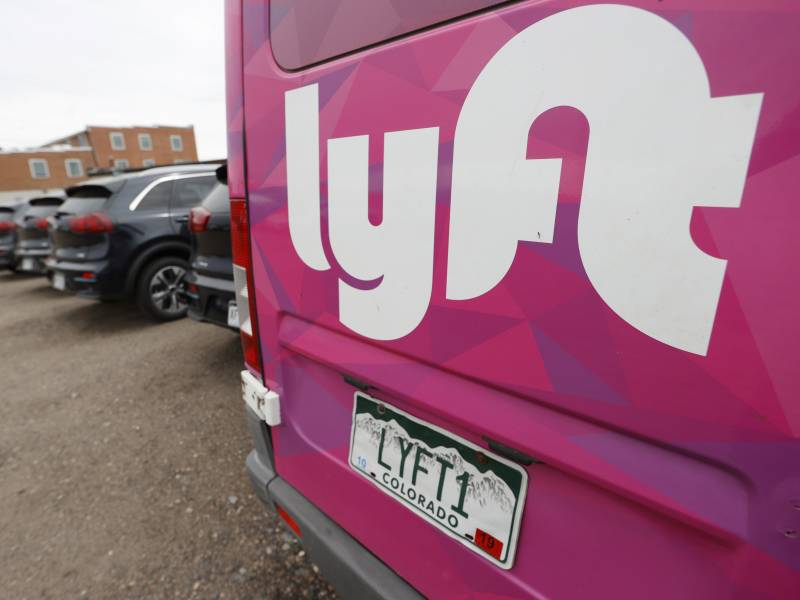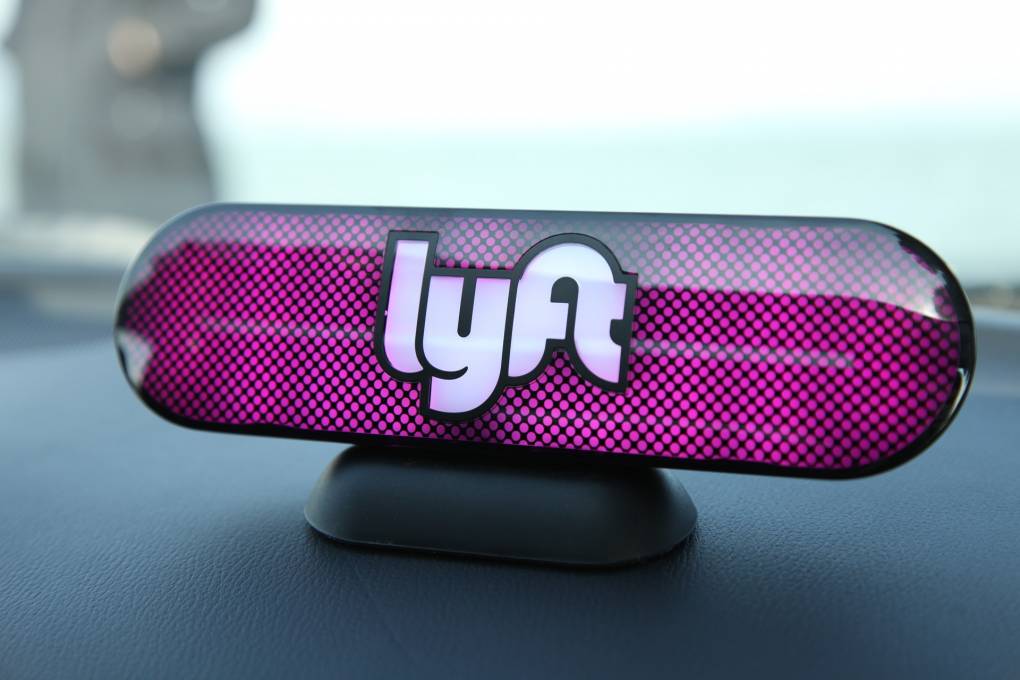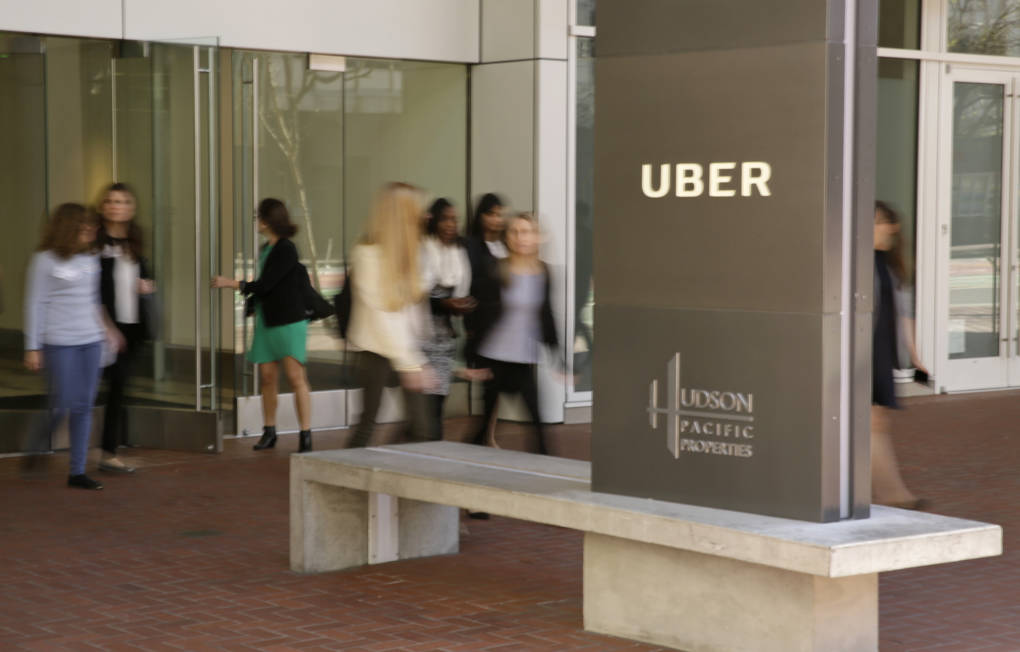It was this series of legal filings that prompted Lyft to announce added safety measures, including an emergency call button on its app, new training for drivers and a “smart trip check in” that aims to sense when a trip has “unexplained delays” and pings a rider.
Meanwhile, in June 2022, Lyft reached a $25 million settlement to resolve a shareholder class-action lawsuit that claimed the company concealed safety problems, including sexual assaults by drivers, prior to its 2019 initial public offering.
Lyft did not respond to NPR’s request for comment or updated data on driver and user safety.
A 2021 community safety report (PDF) issued by the company, revealed that more than 4,000 people were assaulted during Lyft rides from 2017–2019. Of those, 320 were attacks of “attempted non-consensual sexual penetration” and 360 were assaults involving “non-consensual sexual penetration.”
The report included 10 fatal assaults from 2017 through 2019, “involving an individual using the Lyft platform.”
At the time, the company said that while grim, statistically the numbers are minuscule given the millions of rides offered each year.
A more recent analysis from Uber showed that company received 3,824 reports of sexual assault and misconduct from 2019 to 2020. According to Uber, riders were the accused party in 43% of the incidents.
Human Rights Campaign chief of staff, Jay Brown called the new feature an inclusive product that’s coming “at a time when so many companies are shying away from explicit inclusion of transgender and non-binary people.”
Brown added: “When rideshare is better for these folks, it’s better for everyone, and we at HRC stand behind that.”
Copyright 2023 NPR. To see more, visit npr.org.




